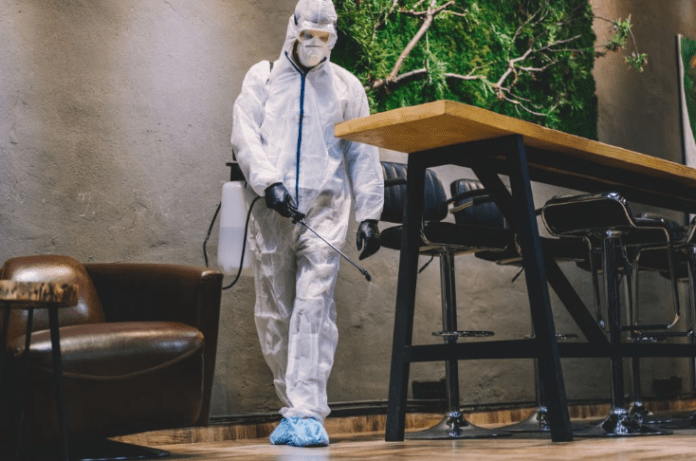If you own a business, it’s important to make sure your property is treated for pests on a regular basis. Not only will this help keep your business running smoothly, but it will also help prevent any major damage from happening. In this article, Pest Control Braddon Will discuss the importance of regular pest inspections and how to ensure they’re done right.
What is a Pest Inspection?
Regular pest inspections are important for a number of reasons. Not only do they help identify any potential pests early on, but they can also help prevent costly damage and losses. If done correctly, pest inspections can also be an effective way to improve your home’s overall livability.
There are a few things to keep in mind when performing a regular pest inspection:
1. Make sure to inspect all areas of the home where pests may be living or hiding. This includes both interior and exterior areas.
2. Be thorough in your inspection. Pest inspectors often find small creatures that standard inspection techniques may miss, so it is important to take the time to look for them all.
3. Be aware of seasonal changes that could impact your home’s susceptibility to pests, such as warmer weather making insects more active or colder weather making them less active.
4. Always contact a professional if you notice any unusual activity or signs of pests in your home. A qualified professional Pest Control Braddon will be able to give you a more detailed overview of what needs to be done in order to keep your home free of pests and minimize any potential damage or losses.
What pests should be inspected for?
Regular pest inspections are important for several reasons. First, pests can damage property and possessions. Second, they can spread diseases. Third, they can impact the environment. And fourth, they can cost you money. Here are four types of pests that should be inspected regularly:
1) Rodents: Rodents can chew through wires and cables, damage insulation, create droppings (which can contain parasites and bacteria), and transmit diseases to humans. Inspect your property for signs of rodent activity, such as gnawed wires or chewed up insulation. If you notice rodents on your property, take action to prevent them from damaging your property further.
2) Ants: Ants form colonies and are able to build structures much larger than their own bodies. They consume a variety of materials including food, water, and even other ants. If you have an ant problem on your property, it is best to call a professional exterminator to get rid of the ants before they cause any more damage or swarm other areas in your home or business.
3) Spiders: Spiders are tiny creatures that often go unnoticed until they’ve created webs in which small animals become entangled and eventually die from asphyxiation or starvation. Spider infestations can be difficult to identify because their webs generally look like natural obstacles such as plants or rocks rather than the tidy cobwebs typical of spiders.
How often should pest inspections be done?
Regular pest inspections are important for two reasons: first, they help identify potential problems early and make necessary repairs or modifications; and second, they can help prevent major infestations from developing in the first place. Here are some tips on how to ensure that your pest inspections are done right:
1. Conduct a thorough inspection of all areas of your property where pests may be present. This includes roofing, eaves, gutters, chimneys and any other potential entry points into your home.
2. Look for signs of infestation—this includes sightings of bugs or bug egg masses, unexplained damage to property, or unusual smells.
3. Have a Pest Control Braddon check out equipment that may have been used in an attempt to control pests (e.g., traps or pesticides). This will help identify any issues with these devices and possible solutions.
4. Make sure all exterior doors and windows are closed tightly when inspectors arrive so as not to allow pests inside. Also make sure screens are in good condition and caulked if necessary to keep insects out of homes.
5. Clean up any spilled pesticides or other chemicals immediately to avoid attracting pests and making the problem worse.
How do I know if my pest inspection was done correctly?
There are a few things you can do to ensure that your pest inspection is done correctly. First, make sure you have the correct permits and licenses. Second, always use the most current pest management practices. Finally, be sure to inspect for evidence of pests and damage. If any of these steps aren’t followed, your inspection may not be accurate or complete.



